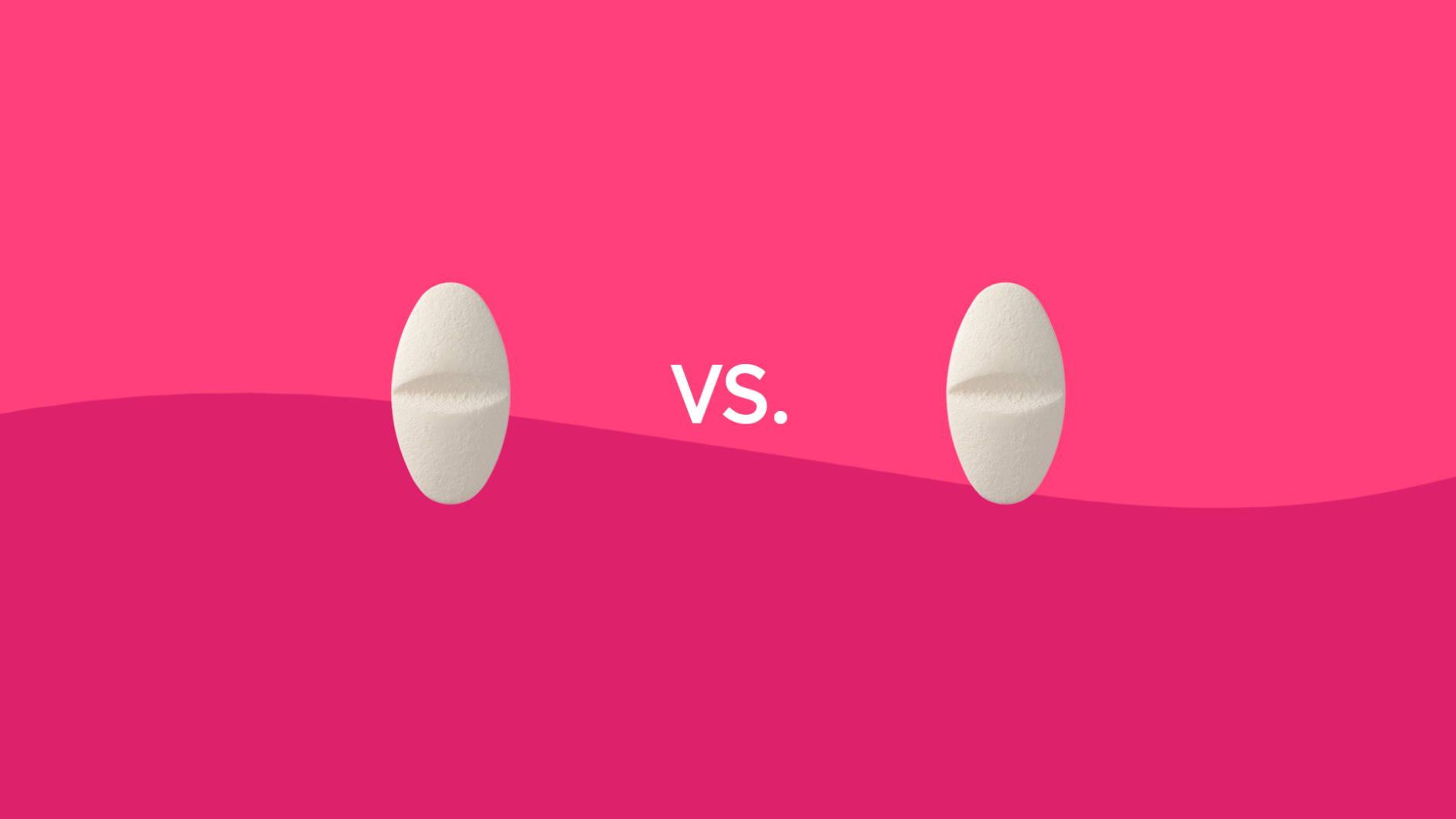Hydroxyzine has become a common over-the-counter antihistamine used to treat allergies and other skin conditions, but many people may be unaware of the potential risks associated with this drug. Is hydroxyzine a benzodiazepine, and what are the potential side effects if it is? In this article, we will explore the answer to this important question and discuss the potential risks associated with hydroxyzine.

Contents
What is Hydroxyzine?
Hydroxyzine is a prescription antihistamine used to treat allergies and anxiety. It is available in both tablet and liquid form, and is taken orally. Hydroxyzine works by blocking the action of histamine, a chemical released by the body during an allergic reaction. It is also used as a sedative to reduce anxiety and can be used to help with insomnia.
Uses of Hydroxyzine
Hydroxyzine is commonly used to treat allergies and other conditions such as hives, itching, and rashes. It is also used to treat anxiety and can help to reduce symptoms of tension, restlessness, and irritability. Hydroxyzine is sometimes used to treat nausea and vomiting associated with chemotherapy.
Side Effects of Hydroxyzine
Common side effects of hydroxyzine include dry mouth, drowsiness, dizziness, and blurred vision. More serious side effects can include confusion, difficulty urinating, and a rapid heartbeat. It is important to speak with a doctor before taking hydroxyzine if you have any pre-existing medical conditions or are taking any other medications.
Is Hydroxyzine a Benzodiazepine?
Hydroxyzine is not a benzodiazepine. Benzodiazepines are a class of drugs primarily used to treat anxiety and insomnia. They are often prescribed to treat symptoms of anxiety and insomnia, and can be habit-forming.
Difference between Hydroxyzine and Benzodiazepines
While hydroxyzine is used to treat anxiety and insomnia, it is not a benzodiazepine. Benzodiazepines are typically more potent than hydroxyzine and can be habit-forming. Hydroxyzine is not as potent as a benzodiazepine and is not habit-forming.
Uses of Benzodiazepines
Benzodiazepines are used to treat a variety of conditions including anxiety, insomnia, seizures, muscle spasms, and alcohol withdrawal. They can also be used to treat certain psychiatric disorders. Benzodiazepines are typically prescribed for short-term use and should not be taken for longer than a few weeks.
Overview of Hydroxyzine and Benzodiazepines
Hydroxyzine is a prescription antihistamine used to treat allergies and anxiety. It is not a benzodiazepine and is not as potent as benzodiazepines. Benzodiazepines are a class of drugs primarily used to treat anxiety and insomnia and can be habit-forming. It is important to speak with a doctor before taking any medication to discuss the benefits and risks.
Top 6 Frequently Asked Questions
Q1: What is Hydroxyzine?
A1: Hydroxyzine is an antihistamine that is commonly used to treat allergies, itching, anxiety, and nausea. It is a medication that belongs to a class of drugs known as piperazines. It works by blocking the effects of certain natural substances in the body, such as histamine, which are responsible for many allergic reactions. It can also be used to help with insomnia and to reduce anxiety.
Q2: Is Hydroxyzine a Benzodiazepine?
A2: No, Hydroxyzine is not a benzodiazepine. Benzodiazepines are a class of psychoactive drugs that act on the central nervous system to produce a calming effect. Examples include Valium, Xanax, and Klonopin. Hydroxyzine is not related to benzodiazepines and does not act on the same receptors in the brain.
Q3: How does Hydroxyzine work?
A3: Hydroxyzine works by blocking the effects of certain natural substances in the body, such as histamine, which are responsible for many allergic reactions. It also works as an anticholinergic, which means it blocks the effects of acetylcholine, a neurotransmitter involved in muscle contraction and communication between nerves. In addition, it can also help to reduce anxiety by blocking certain nerve receptors in the brain.
Q4: What are the side effects of Hydroxyzine?
A4: Common side effects of Hydroxyzine include drowsiness, dry mouth, dizziness, nausea, constipation, and headache. It can also cause blurred vision, increased heart rate, and confusion. Less common side effects include vision changes, rapid weight gain, and difficulty urinating. It is important to talk to your doctor if you experience any of these side effects.
Q5: What is the recommended dosage of Hydroxyzine?
A5: The recommended dosage of Hydroxyzine varies depending on the condition being treated. Generally, it is taken orally in tablet or syrup form. For allergies, the dose is usually 25 to 50 mg every 6 to 8 hours, up to a maximum of 100 mg per day. For anxiety, the dose is usually 25 to 50 mg every 6 to 8 hours, up to a maximum of 200 mg per day.
Q6: Is Hydroxyzine addictive?
A6: No, Hydroxyzine is not known to be addictive. However, if it is taken for a long period of time, it can cause physical and psychological dependence. Therefore, it is important to only take Hydroxyzine as prescribed by your doctor and not to increase the dosage without consulting your doctor.
Is hydroxyzine stronger than Xanax?
In conclusion, hydroxyzine is not a benzodiazepine. It is an antihistamine that can be used to treat anxiety and other conditions. While hydroxyzine has similar effects to benzodiazepines, it is not a benzodiazepine and should not be used as a substitute for them. It is important to consult a doctor before taking any medication, to ensure it is the right choice for your particular needs.

